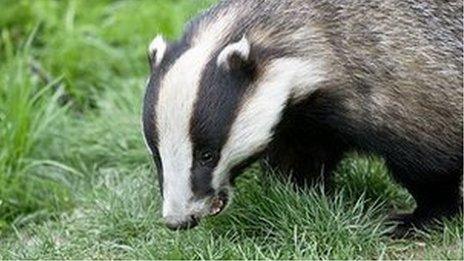Badger cull extended to more English counties
- Published
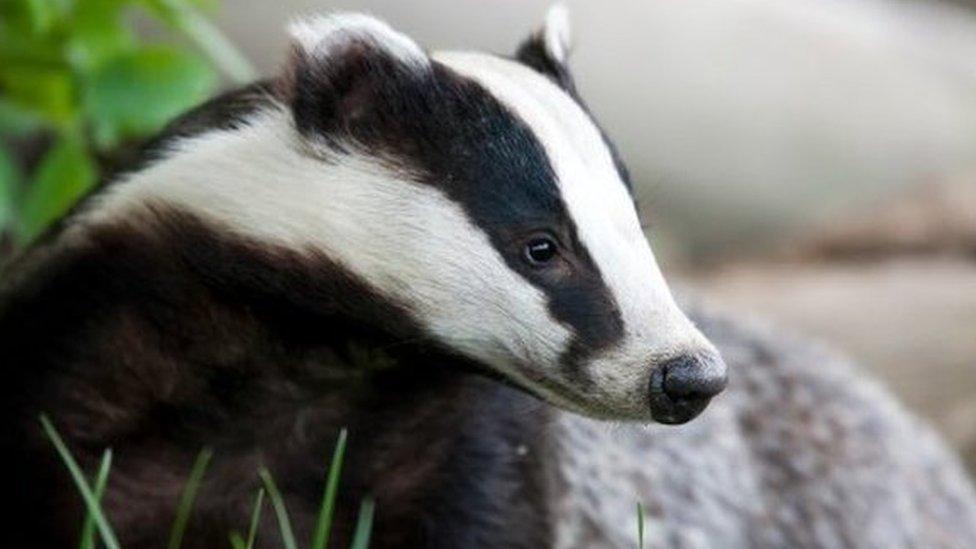
Badger culling is now under way in six English counties
Badger culling has been rolled out to more parts of England, in a bid to tackle bovine TB.
Seven new licences have been granted, external for parts of Cornwall, Herefordshire, Devon, Gloucestershire, Somerset and Dorset.
Culling is part of the government's 25-year strategy to eradicate the disease, but opponents say there is no evidence culling is effective.
Almost 10,000 animals are due to be killed as part of this year's cull.
The cull has taken place in Somerset and Gloucestershire since 2013 and took place in Dorset for the first time last year.
Nearly 1,500 animals were culled last year in those three counties.

Badger cull targets for 2016
Devon: Minimum 3,358, maximum 4,558
Cornwall: Minimum 2,173, maximum 2,950
Gloucestershire: Minimum 1,691, maximum 2,628
Dorset: Minimum 1,672, maximum 2,350
Herefordshire: Minimum 872, maximum 1,183
Somerset: Minimum 75, maximum 544
Source: Natural England

Farming minister George Eustice said: "Our comprehensive strategy to eradicate bovine TB in England is delivering results, with more than half the country on track to be free of the disease by the end of this Parliament.
"Bovine TB has a devastating impact on farms, which is why we are taking strong action to eradicate the disease, including tighter cattle controls, improved biosecurity and badger control measures in areas where the disease is rife."
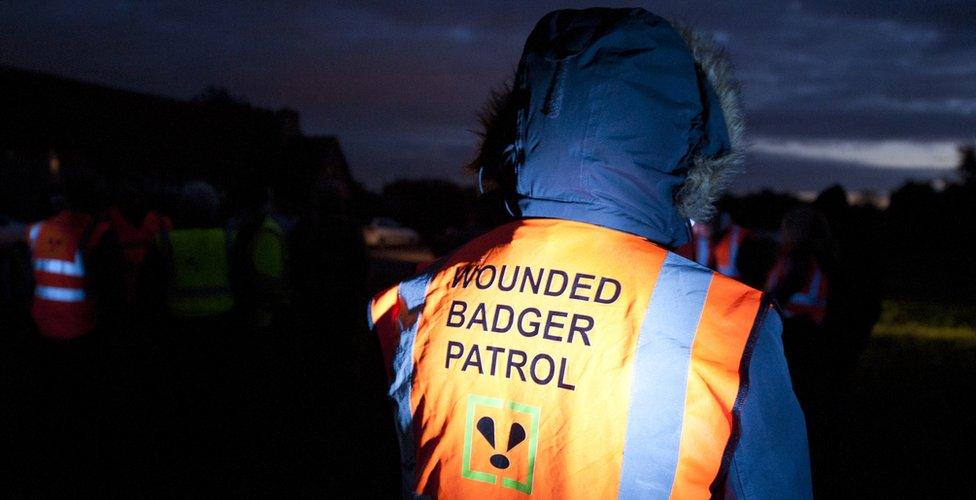
Claire Bass, from the Humane Society International, said: "It is both shocking and sad that the government is expanding this cruel 'pilot' policy to three new counties.
"England's badgers are being needlessly killed as scapegoats, part of a 'smoke and mirrors' attempt to appease farmers and detract attention and resources away from an effective long-term solution to bovine TB."
The National Farmers Union welcomed the cull extension, saying that action was finally being taken. NFU president Meurig Raymond also indicated that the culls could be carried out across other areas of the UK.
"The number of areas that have expressed interest in carrying out badger controls in future years not only shows the sheer extent of the (bovine TB) problem, but the industry's continued commitment to playing its part in tackling this devastating disease," Mr Raymond said.
But Rosie Woodroffe from the Zoological Society of London said the new, higher targets would be "hugely costly for farmers and taxpayers" and there was no evidence to support them.
"The scale of the rollout is huge," Prof Woodroffe told BBC News. "Farmers will be required to kill almost 10,000 badgers at a minimum before the end of November - and yet the government has released no evidence that farmer-led culling is helping to control cattle TB.
"The number of badgers to be killed this year is greater than all the badgers killed in the entire proactive treatment of the RBCT [the badger culling trial].
"Since this is the fourth year of culling in the pilot areas, and benefits were expected to emerge after four years, I can't understand why the government didn't wait for the results of the pilots before rolling out culling on such a massive scale."
- Published23 August 2016
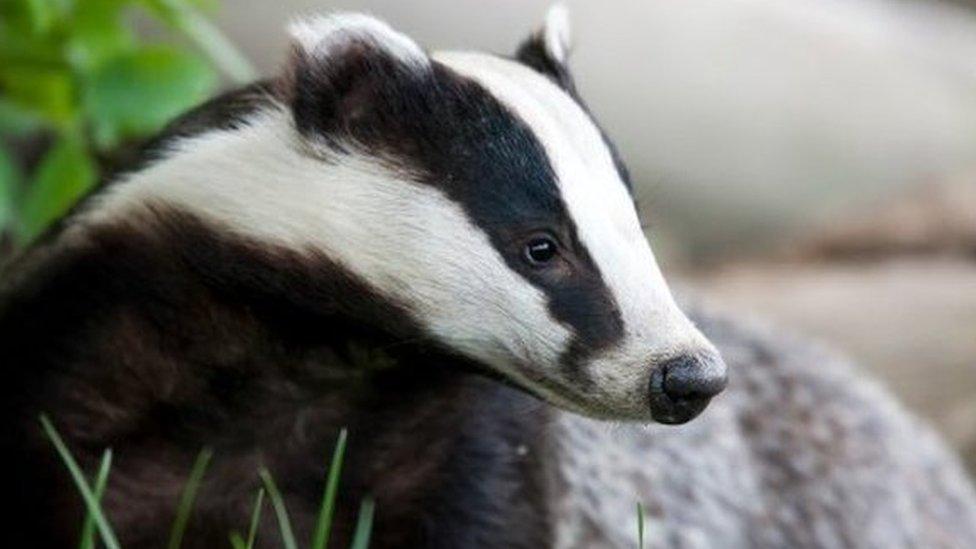
- Published3 September 2015
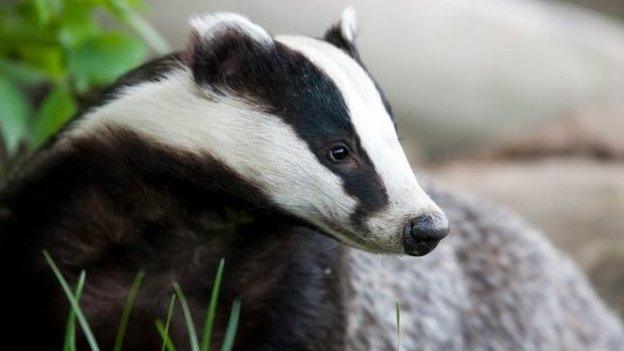
- Published28 August 2015
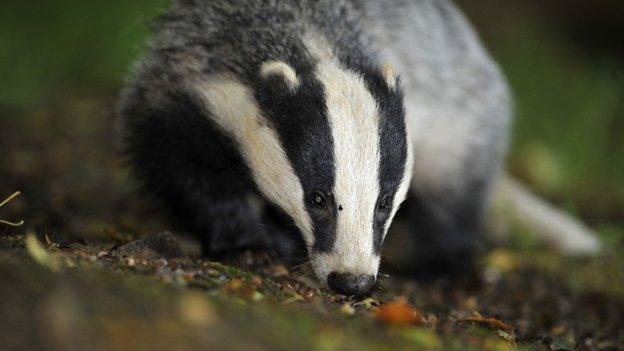
- Published17 December 2015

- Published3 April 2014
